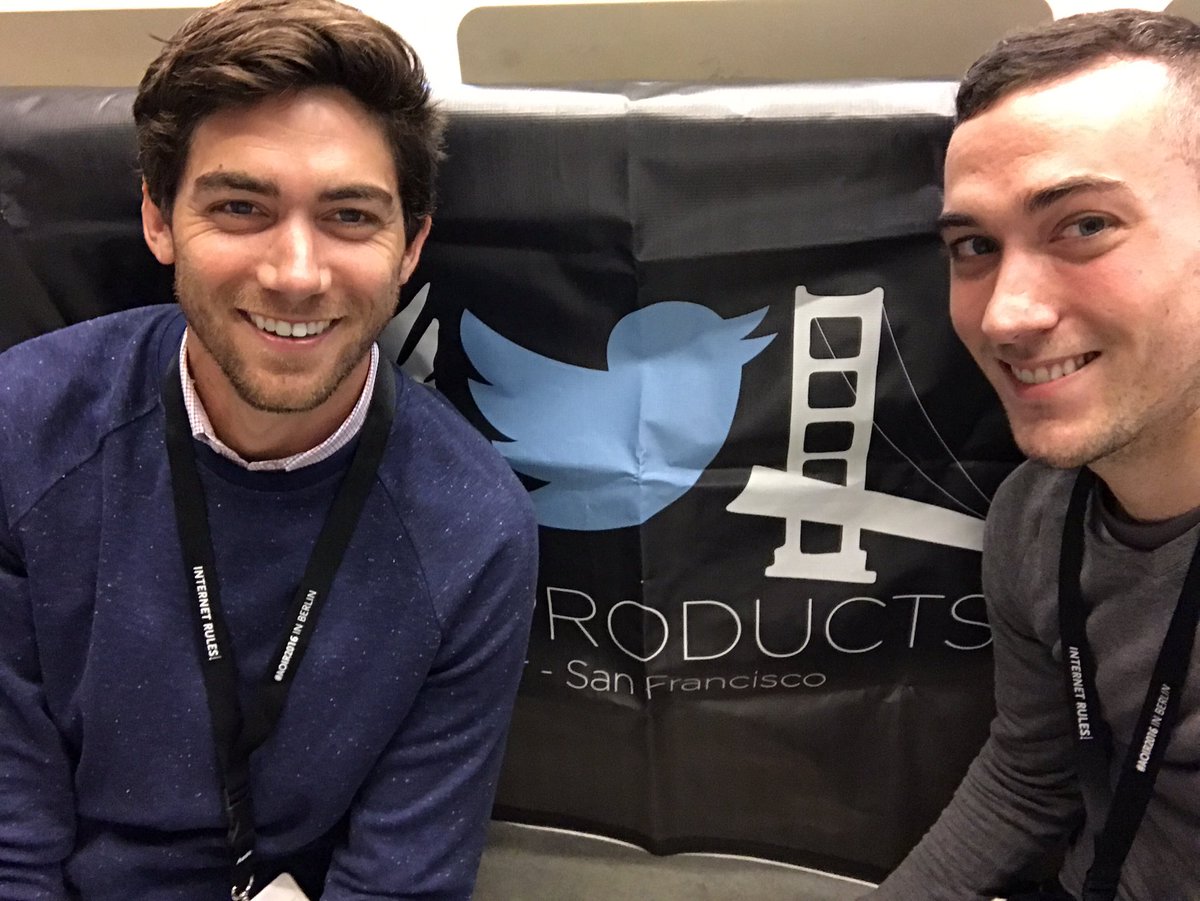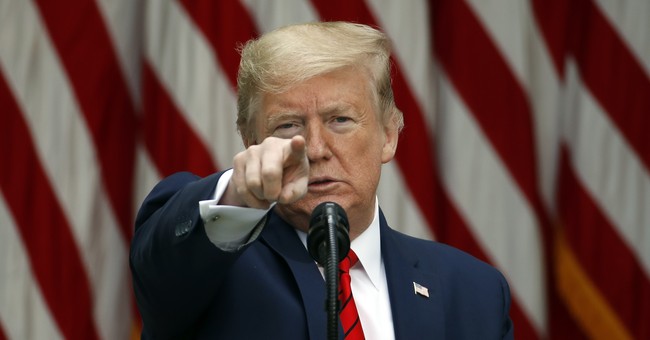Cecilie1200
Diamond Member
Twitter should not be protected. They shadowban, stifle speech and even delete followers at their own discretion while allowing communists to do as they please, spread hatred against America and even some to threaten the lives of Trump supporters without any problem.
Precisely what special protections should they have for all of this? What makes twitter "special", from any other business?
Republicans want to give immunity to businesses who disregard coronavirus restrictions in their workplace. Why should they be protected? Because Republicans like them. You are the Communist. Trump uses Twitter to spread hatred against Americans and Trump supporters threaten people who do not support Trump. You seem to be okay with that.
What makes twitter different is that thousands of messages go through twitter. It is not feasible for 6them to police every message. Even without the protection, they clearly are not publishers. A publisher makes agreements with writers to write something. Twitter makes no such agreements. They have every right to regulate what is said on their property just as a retail store has a right to do so. Try to make political speech on Walmart property and see how long that lasts. Clearly Republicans want to stifle speech.
"Republicans want to give immunity to businesses who disregard coronavirus restrictions, NO there isn't any proof here of that, it's true because I just stated it was, now accept it as fact and defend it!" There's not enough "fuck you" in the world for that. You prove your assertion and THEN we'll discuss it . . . or we'll discuss what a lying sack you are, whichever you prefer.
Trump uses Twitter to speak what he believes, and you label it "hate" because you don't like it. Has it ever occurred to you that I consider YOUR words to be hateful? Should you be banned and censored because of that? Or is it different when it's you?
You're quite correct that it's not feasible for Twitter to police every message (congratulations, you've been right about something for the first time in your ignorant life). But that's not relevant (whoops, back to par for the course for you). They're not TRYING to police every message; they're only trying to police certain types of messages, which makes them a publisher. And you can stop trying to impose your personal, half-assed, made-up-on-the-fly-to-justify-what-I-want definition of "publisher". You're not Noah Webster, and you're not making the laws.
As I've already said to you, and you very conveniently ignored so that you wouldn't have to admit that you can't respond, WalMart doesn't present itself as a forum for opinions, so only a halfwit desperately grasping for excuses - like you - would think that's a comparison.








 All News
All News
